Terror attacks, PM’s resignation, military coup attempt – 2016 in Turkey
 10:15, 28 December 2016
10:15, 28 December 2016YEREVAN, DECEMBER 28, ARMENPRESS. The year of 2016 will be recorded in Turkey's history as one of the bloodiest and the most eventful years.
“The May 4 palace coup d'état”, over two dozens of terror attacks, the military coup attempt, the regress recorded in the human rights field are the small part of the developments that occurred in Turkey in 2016.
“Armenpress” identified the most important and remarkable events in Turkey for 2016.
Turkey in target of terror attacks
The year was tragic for Turkey in terms of the number of terror attacks. Over 22 terror attacks occurred in various cities of Turkey, 2 of them occurred in Ankara, 5 in Istanbul, 7 in Diyarbakir. 361 people were killed and more than 1500 wounded in those terror attacks. The “Islamic State” terrorist group, the Kurdistan Workers’ Party (PKK) and Kurdistan Freedom Falcons (TAK) claimed responsibility for majority of terror attacks. Although Turkey’s President, Prime Minister and other officials repeatedly announced about conducting anti-terror large-scale operations, the measures taken, however, are not sufficient to prevent the possible tragedies. The recent attack in Kayseri on December 17 is a proof of this which killed 14 people.
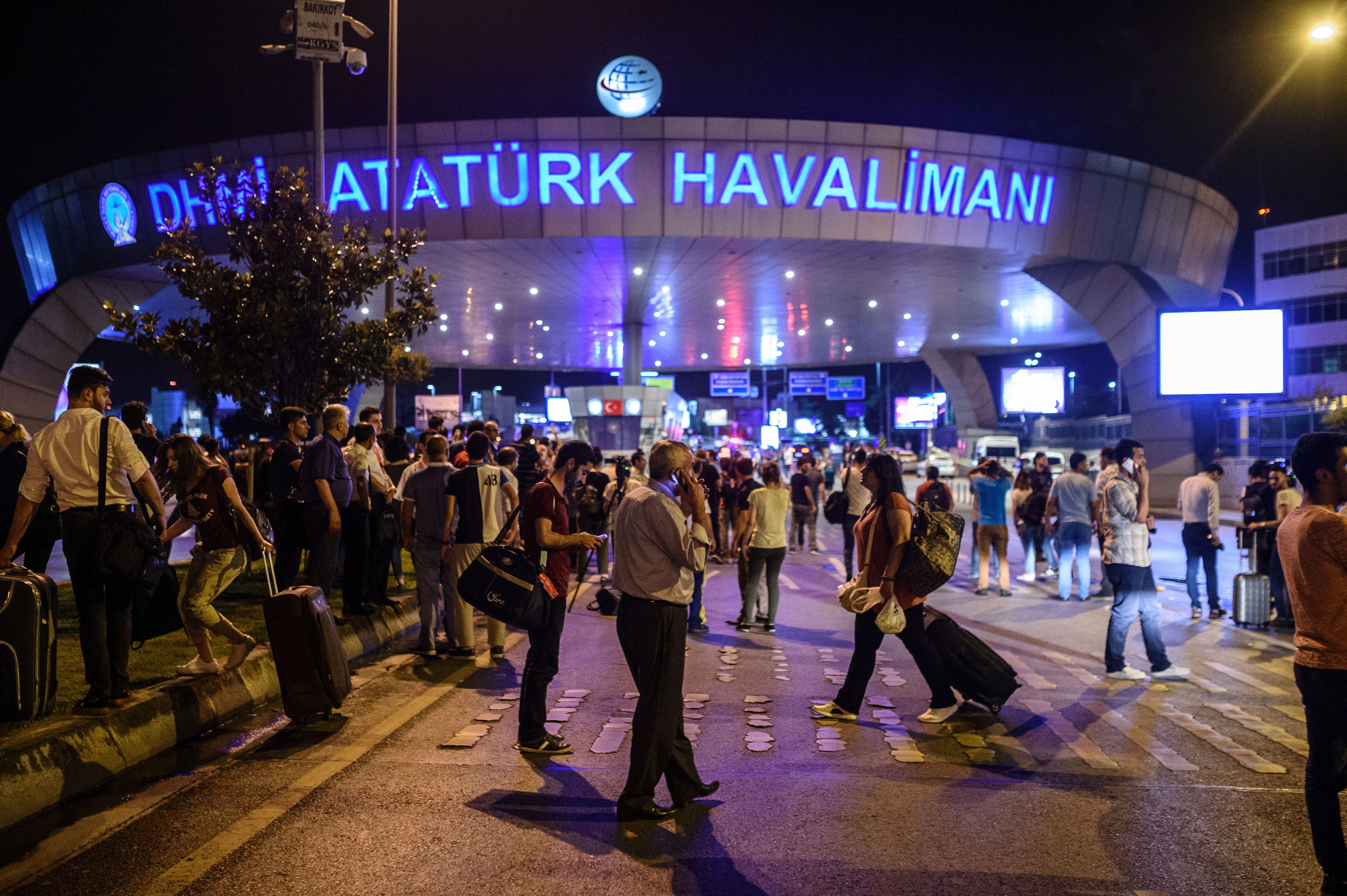
Change of Prime Minister
On May 4, Turkey’s 26th Prime Minister Ahmet Davutoglu officially resigned from the posts of Prime Minister and Chairman of the ruling “Justice and Development” (JDP) party. The reason was his disagreements with President Erdogan. During the party’s meeting on May 22, Binali Yildirim was elected as Chairman of the party and also assumed the PM’s post.
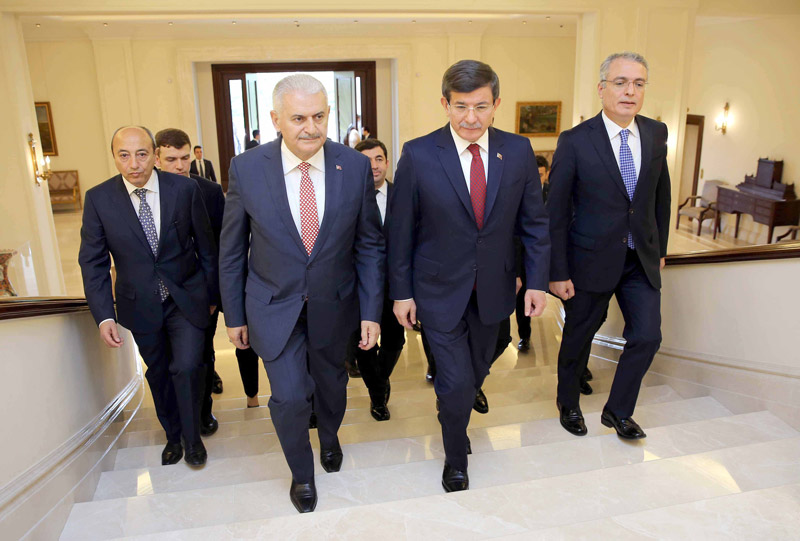
The failed military coup attempt and its consequences
A military coup attempt was conducted in Turkey on July 15, 2016. The militaries managed to have control on a number of important structures of the country within few hours.
After a short period of time President Erdogan managed to broadcast live through Facetime app calling his citizens to come out to the streets and not allow the implementation of military coup. His call gave the desirable result. The coup attempt was failed due to the mediation of ordinary citizens as well. The Turkish leadership blamed the US-based Muslim Cleric Fethullah Gulen for the coup attempt and starting a fight against his supporters. However, Fethullah Gulen rejected his involvement in the coup attempt. He announced that what had happened is Erdogan’s scenario who wanted to strengthen his power through such measures in the country.
104 soldiers supporting the coup, as well as 246 people who were against it were killed as a result of the coup attempt. Nearly 2000 people were wounded. At least 40.000 people, including militaries, judges and prosecutors, workers of various ministries and state structures, were arrested after the failed military coup attempt. Tens of thousands of people were dismissed from their posts, including also teachers of universities, schools, professors and lecturers. An emergency situation was declared in the country which was extended by three months on October 19.
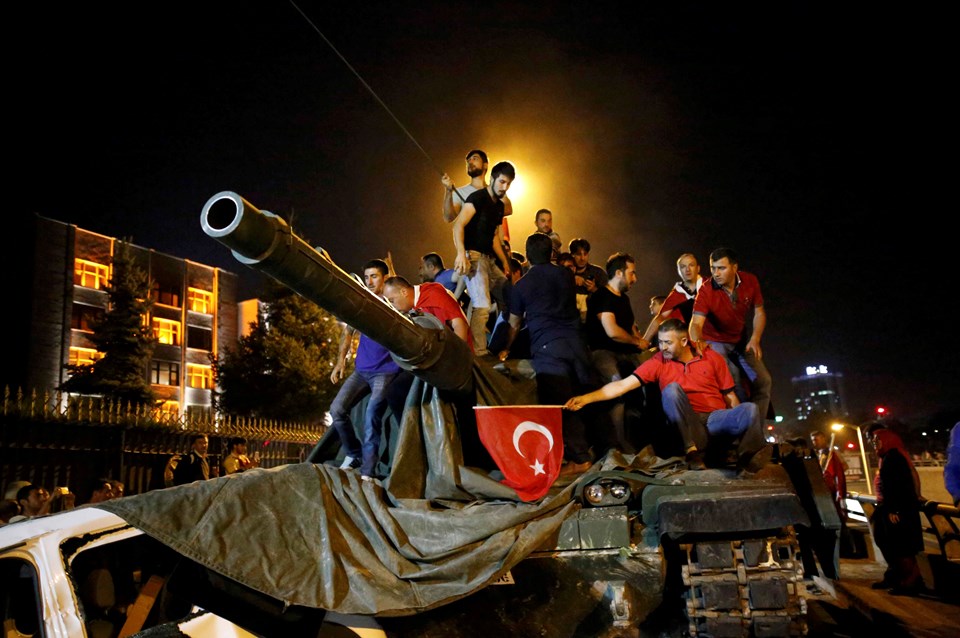
Pro-Kurdish party MPs are persecuted
After the failed military coup attempt in Turkey, the representatives of pro-Kurdish Peoples’ Democratic party were persecuted. After adopting the decision on MPs immunity in the Parliament, over a dozen members of the party, including Co-Chairmen Selahattin Demirtaş and Figen Yüksekdağ were arrested on October 4. Currently 12 out of 59 MPs of the party are arrested. The court also made decisions on detaining certain MPs. They are accused of being members of the armed terrorist group and conducting propaganda of the terrorist group.

Turkey – “The biggest prison of journalists”
During 2016 Turkey recorded a strictly negative rating in terms of freedom of speech. The Reporters Without Borders (RWB) and the Committee to Protect Journalists (CPJ) organizations declared Turkey as the country that exerted the maximum pressure on media in 2016. In 2016 Turkey again was declared as “the biggest prison for journalists”. 148 journalists are jailed in Turkey, over 170 media, including newspapers, TV networks, news agencies were closed during this year.
One of the key events was the arrests of the workers of Cumhuriyet newspaper. Till now 10 workers and editor-in-chief of the newspaper are under custody.
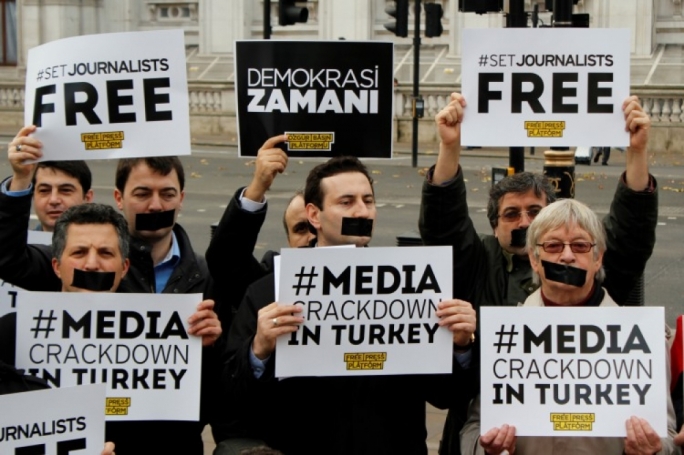
Turkey and Israel restore diplomatic relations
Six years later Turkey and Israel reached an agreement to normalize the relations and restore the diplomatic ties. After long-lasting talks Israel paid 20 million USD in compensation for the incident when Israeli marines stormed an activist ship in May 2010 to enforce a naval blockade of the Hamas-run Gaza Strip and killed 10 Turks on board. On October 13 Israel’s Energy Minister visited Turkey which was the first Ministerial visit after the incident. The countries announced on restoring the relations which was followed by bilateral appointments of ambassadors.
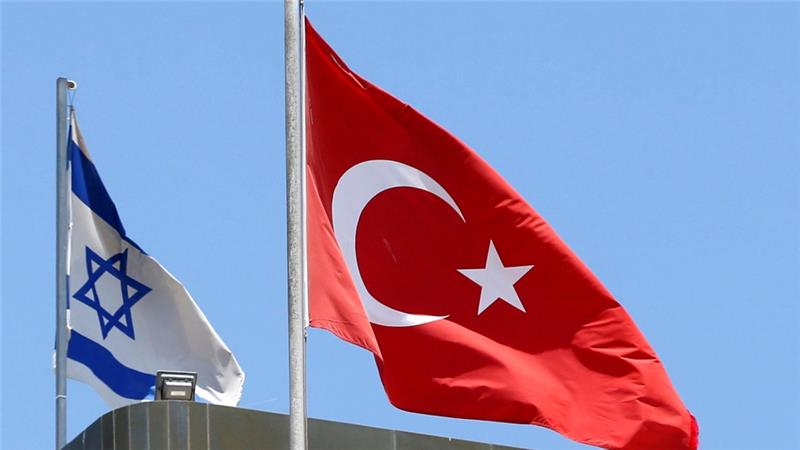
Russia-Turkish relations’ ice melted
The relations between Russia and Turkey became tense on November 25, 2015 when the Turkish forces downed the Russian jet. However, the normalization process of the relations started when President Erdogan sent a letter to official Kremlin where he extended condolences to the family of the killed pilot. Within the framework of normalization of relations, Russia to some extent eliminated the economic sanctions against Turkey.
However, the assassination of Russian Ambassador to Turkey by the Turkish killer on December 19, 2016 was a new blow to the Russian-Turkish relations. Although the reason is still unknown, both Ankara and Kremlin announced that this incident aimed at damaging Russia-Turkey relations.
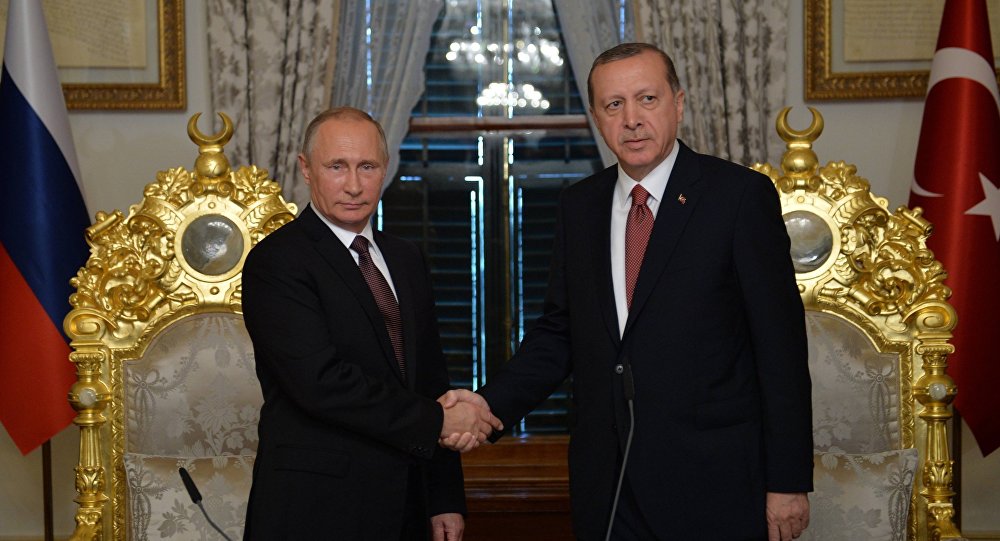
Araks Kasyan





















